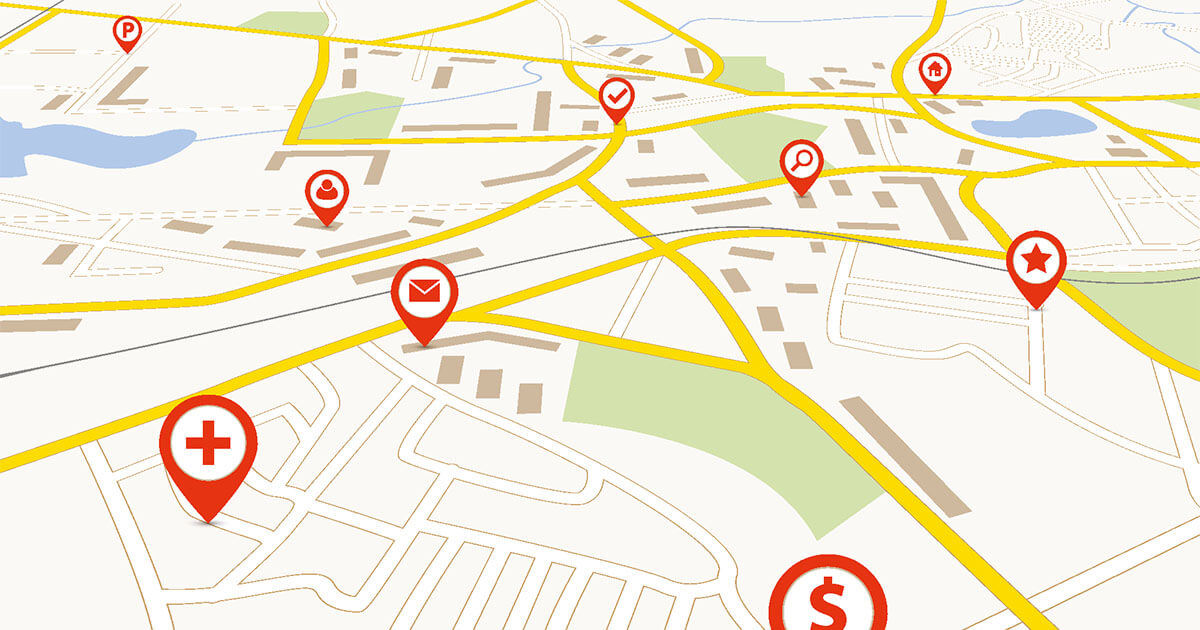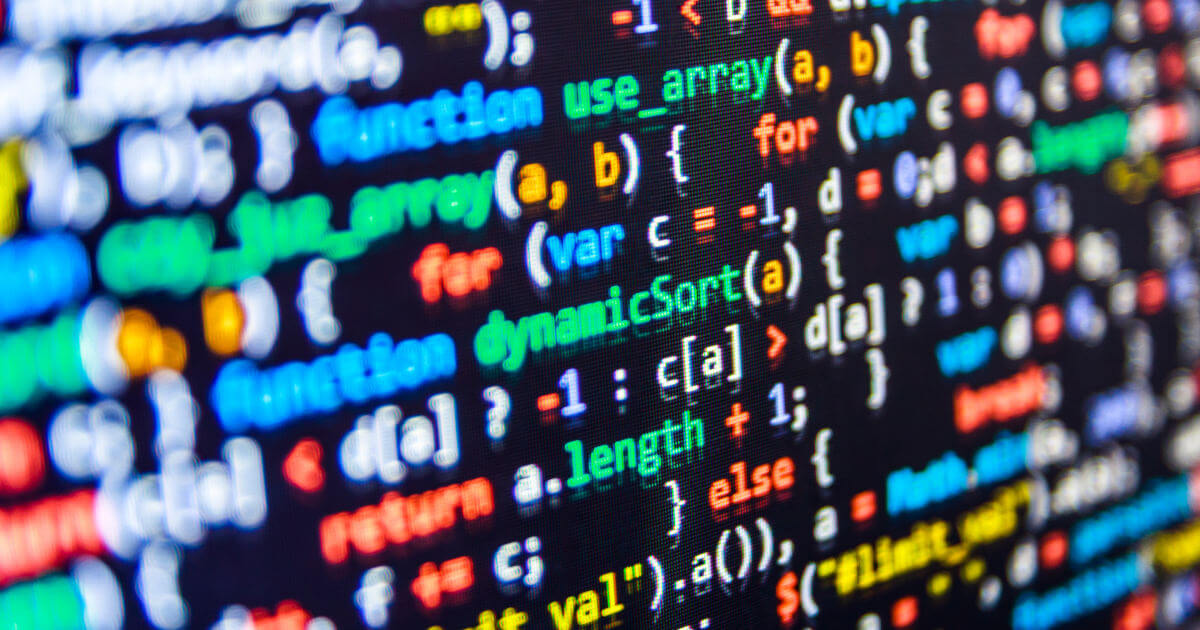Django and Flask are both free and open source and enjoy an enthusiastic following around the world.
Django was developed in 2005 and is a full stack frameworkcross-platform with a BSD license. Originally designed as a pure CMS, (Django CMS, it is now suitable for a large number of web applications. Django respects the DRY principle, (“ Dhave Repeat Yourself”) (“Do not repeat yourself” in French) and provides access to an all-in-one solution for building and maintaining websites or other web developments. Being a reliable and well-documented framework, Django is used by Instagram, Spotify, and YouTube, among others.
Unlike Django, the Flask micro-framework, crafted by Austrian developer Armin Ronacher and launched in 2010, adopts a minimalist approach. It doesn’t include much, apart from a « tool » library for building WSGI applications and the Jinja templating engine. Flask does not provide any other components. Nevertheless, developers can easily integrate existing libraries and add many features, while keeping a thin core in Flask. The framework has a free BSD license and is used by Netflix, Reddit, and Airbnb, to name a few.




